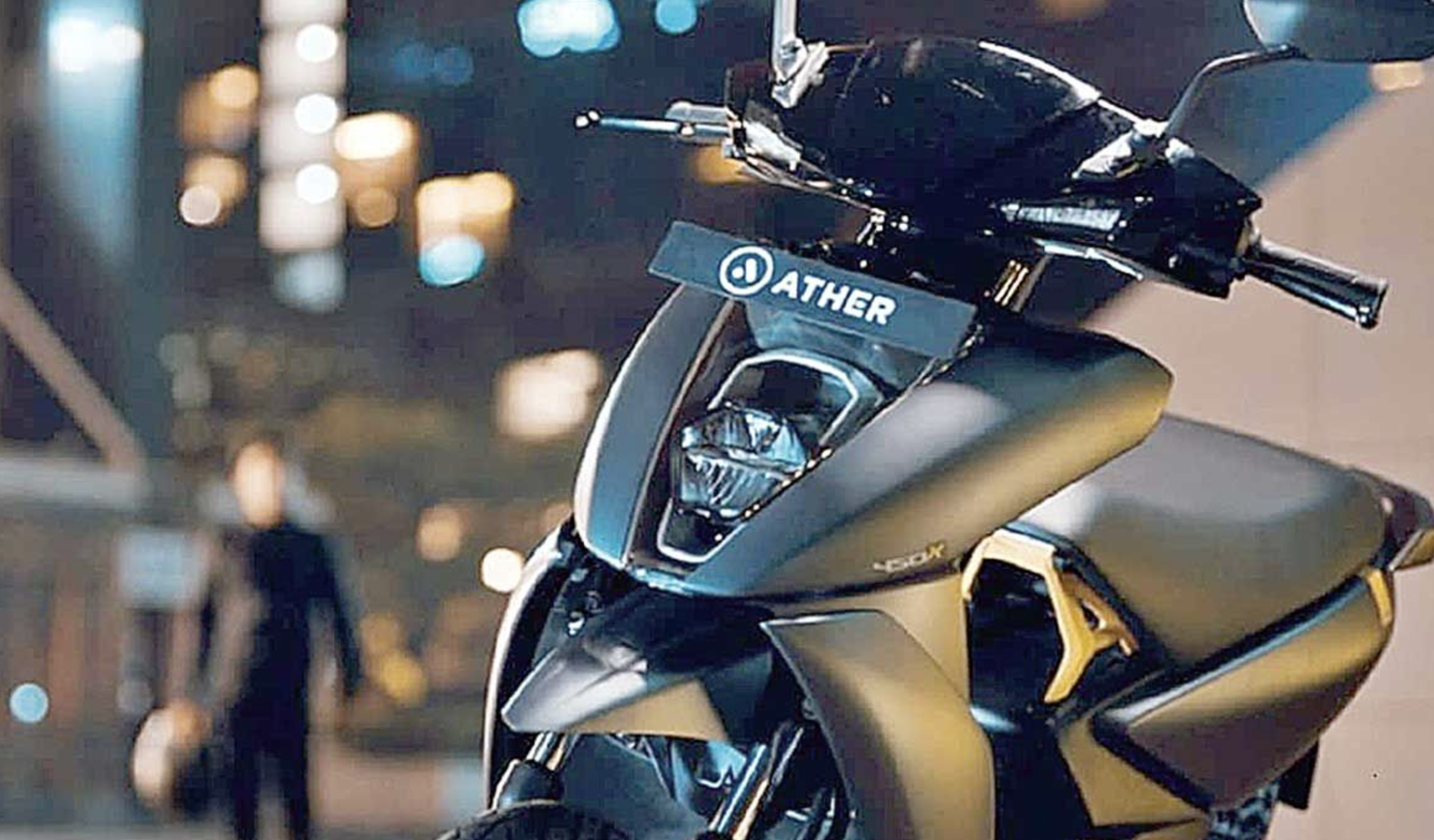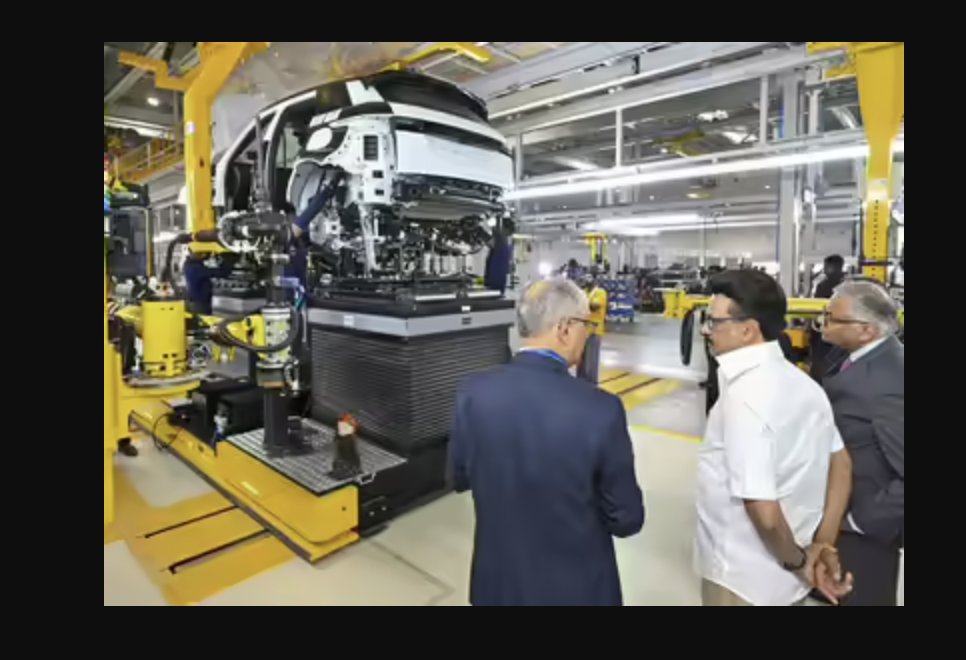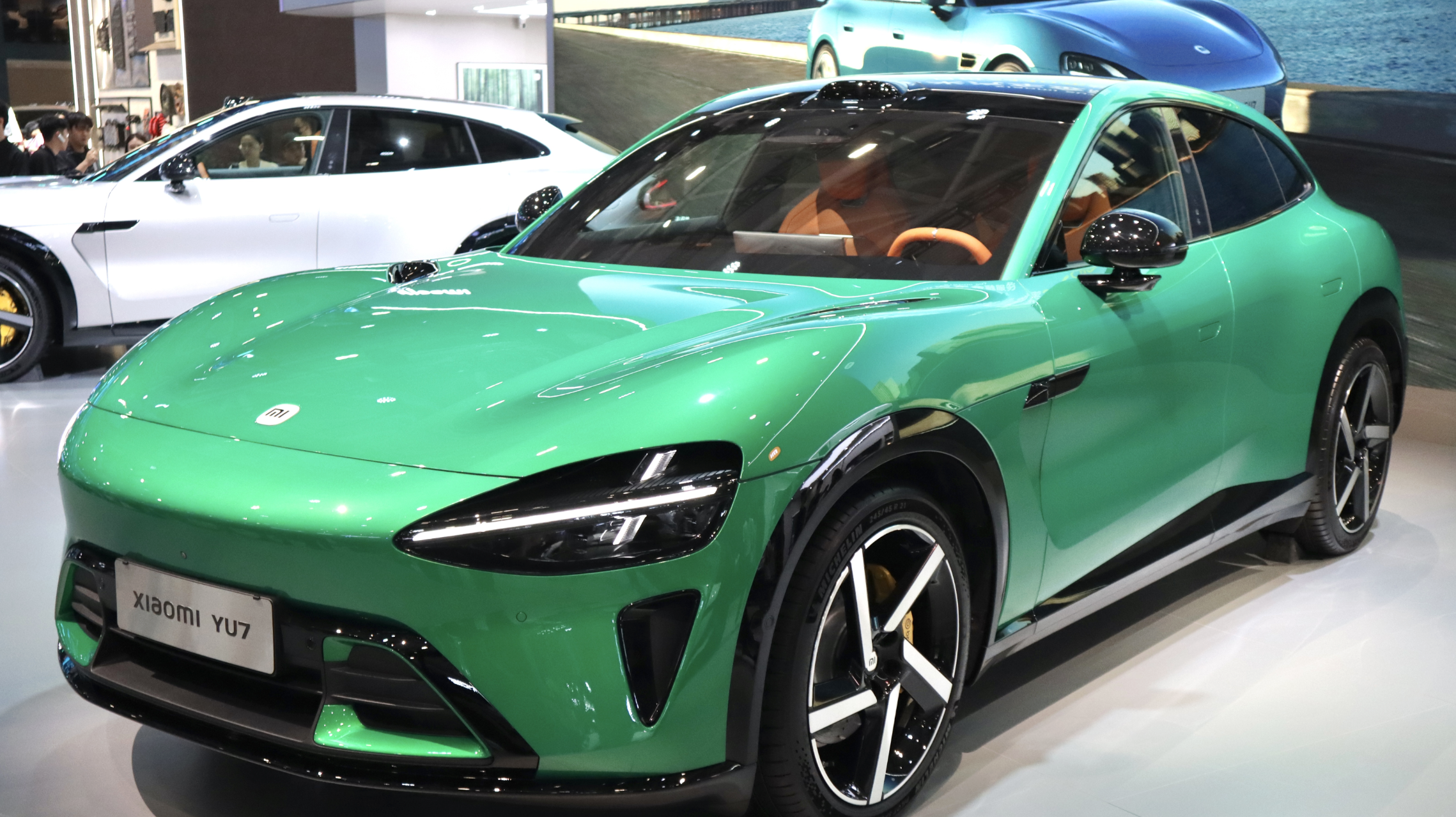Maruti Suzuki, India’s largest carmaker, is set to revolutionize the automotive landscape with the launch of its first electric vehicle (EV) this financial year. This move aligns with the company’s broader strategy to promote a variety of eco-friendly technologies, including hybrids, biogas, and CNG. Chairman R C Bhargava emphasized a diversified approach to meet national objectives and cater to different market segments while continuing to produce affordable small cars.

Maruti Suzuki’s Electric Vehicle Launch
Maruti Suzuki’s announcement marks a significant milestone in its journey toward sustainable mobility. The company plans to introduce its first EV in the local market within this financial year. This initiative is part of a broader strategy to reduce emissions and fuel consumption in India. Bhargava highlighted the need for a policy framework that accelerates the adoption of alternative technologies, minimizing the sales of petrol and diesel vehicles.
Promoting a Range of Eco-Friendly Technologies
Beyond electric vehicles, Maruti Suzuki is encouraging the adoption of strong hybrid, biogas, flex fuel, and CNG technologies. The company’s strategy is to offer customers a variety of options at different price levels to suit India’s diverse economic and social environment. Bhargava noted that strong hybrids could cut fuel consumption by 35-45%, while biogas, being completely renewable and carbon-negative, offers significant environmental benefits.
Challenges and Market Dynamics
Despite the push for alternative technologies, the Indian automotive market faces challenges. Automakers are divided over the extension of benefits to hybrid vehicles. Companies like Maruti Suzuki and Toyota advocate for rationalized taxes on hybrids to promote a gradual transition to full electric vehicles. In contrast, others argue that such incentives might slow down the adoption of battery electric vehicles (BEVs). Currently, India levies a reduced GST rate of 5% on EVs compared to 28% (plus cess) on hybrids, with additional state incentives for EVs.
The Role of Government Policies
Bhargava stressed the importance of supportive government policies in promoting all technologies that can replace petrol and diesel cars. Some states, like Uttar Pradesh, have already taken steps in this direction. The government acknowledges the need for a multi-technology approach to address India’s unique challenges in transitioning to sustainable mobility.
Future Plans and Commitment to Affordable Mobility
Maruti Suzuki plans to launch half a dozen EV models by FY31. However, the company remains committed to producing affordable small cars to cater to the needs of a large segment of the population. Despite declining sales in this segment due to increasing acquisition costs and a growing preference for feature-rich SUVs, Bhargava believes that small car sales are crucial for the sustained growth of India’s passenger vehicle market.
Conclusion
Maruti Suzuki’s diversified strategy to promote eco-friendly technologies and the launch of its first EV represents a significant step towards sustainable mobility in India. The company’s commitment to offering a range of options at different price points, along with supportive government policies, will be key to achieving national objectives and ensuring inclusive mobility for all Indians.













